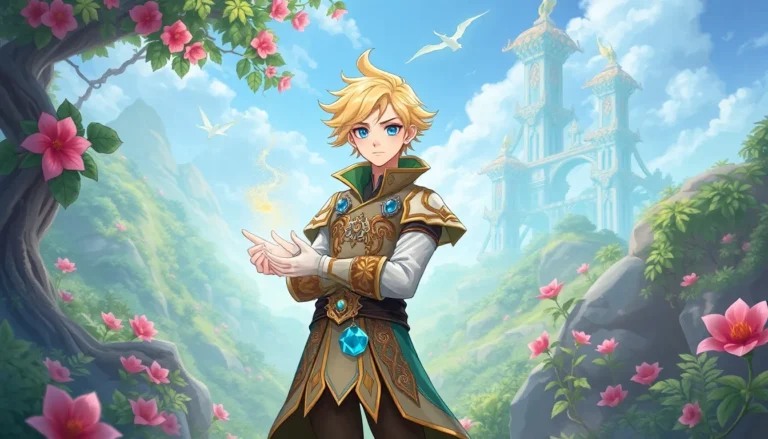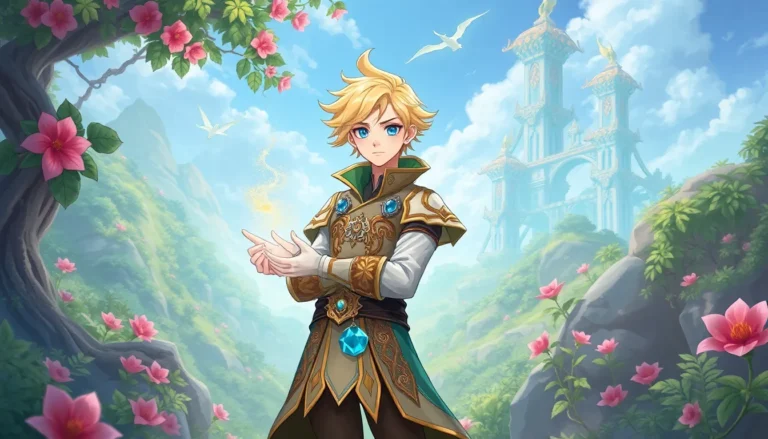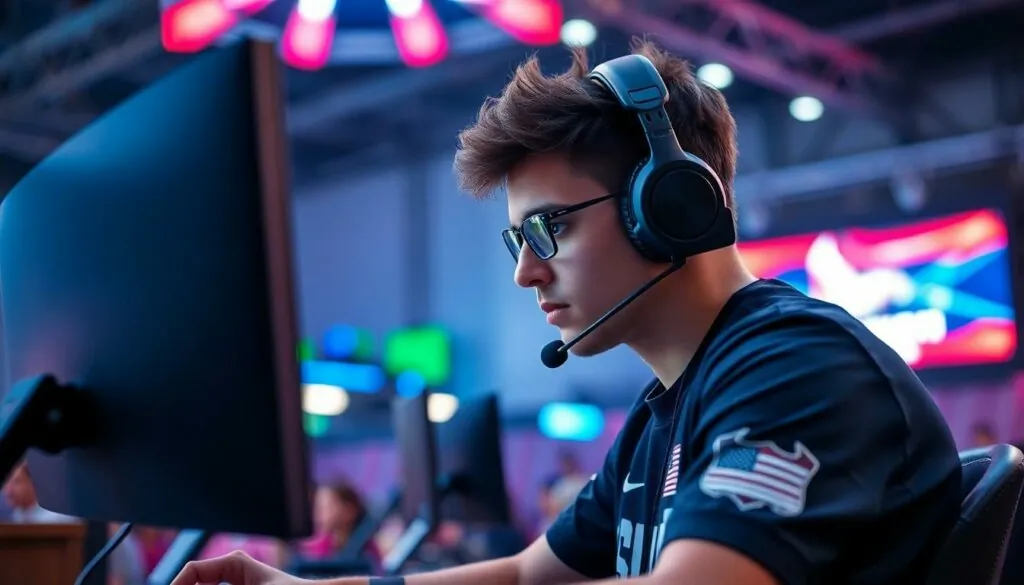Table of Contents
ToggleAs the world gears up for the next Olympic Games, a new contender is stepping into the ring—esports. Yes, you heard that right! Gamers are trading their couches for podiums, and it’s about time. Imagine athletes competing not just in traditional sports but also in thrilling digital arenas, where reflexes and strategy reign supreme.
Overview of Olympics Esports
Esports has gained significant traction within the Olympic framework, representing a modern evolution of sports in the digital age. The International Olympic Committee (IOC) recognizes esports as a legitimate form of competition, presenting opportunities for new audience engagement. Various esports titles showcase the skills required for victory, ranging from strategy games to fast-paced shooters.
Several major esports events precede the Olympics, setting standards for organization and competition that the IOC aims to emulate. Gamers demonstrate exceptional abilities like teamwork, precision, and quick decision-making, akin to traditional athletes. Notable titles such as League of Legends and FIFA have been considered for inclusion, reflecting diverse gaming genres appealing to a broad audience.
Research conducted by Newzoo estimates that the global esports audience surpassed 500 million in 2023. This booming interest underscores the potential for esports to resonate with younger demographics, enhancing the overall Olympic experience. Additionally, partnerships with major esports organizations have emerged, further solidifying the connection between traditional sports and digital competitions.
In line with this trend, the IOC hosted the Olympic Virtual Series in 2021 as a pilot event. Athletes worldwide engaged in competitions across various games, sparking excitement among both esports enthusiasts and Olympic fans. This initiative marked a significant step towards integrating esports into the Olympic movement, paving the way for further developments in future Games.
The inclusion of esports creates an innovative layer within the Olympics. As traditional sports communities embrace this digital phenomenon, the landscape of competitive gaming continues to evolve, shaping the future of the Olympic Games.
History of Esports in the Olympics
Esports has evolved significantly within the Olympic landscape, reflecting modern advances in competitive gaming. The journey began with a gradual acceptance of esports as a legitimate form of competition.
Early Inclusion of Esports
Early discussions around esports’ inclusion in the Olympics can be traced back to the 1980s and 1990s. During this time, high-profile tournaments like Space Invaders Championship set early standards for competitive play. The IOC initially viewed esports as a curiosity. However, interest grew as participation levels increased and technological advancements transformed gaming. Youth engagement in gaming encouraged Olympic officials to acknowledge esports’ potential, laying the groundwork for future inclusions.
Milestones in Esports Development
Milestones mark pivotal moments in esports history. In 2018, the Overwatch League marked a significant step with its professional ecosystem, attracting global attention. By 2021, the Olympic Virtual Series debuted, showcasing the commitment of the IOC to esporits. Various game titles such as FIFA and League of Legends began drawing millions of viewers, demonstrating the competitive nature of digital sports. The global audience expanded rapidly, reaching over 500 million by 2023, highlighting esports’ growing relevance in contemporary culture. Each milestone reflects the increasing integration of esports into mainstream sporting events.
Current State of Olympics Esports
Esports continues to make strides within the Olympic framework, embodying a new era in competitive sports. Recognition from the International Olympic Committee amplifies its status as a legitimate competition.
Participating Games and Events
Notable games in the Olympic esports lineup include League of Legends, FIFA, and others that showcase competitive skill. Events like the Olympic Virtual Series allow athletes to participate across various gaming platforms. This series serves as an entry point for esports in the Olympic movement, engaging millions of fans globally. Popularity of titles draws a diverse audience, bridging the gap between traditional and digital sports.
Major Competitions and Winners
Major competitions like the Overwatch League and League of Legends Championship highlight peak esports talent. Winners of these competitions often gain significant recognition and rewards, pushing the profile of esports higher. 2023 witnessed remarkable triumphs, with teams like T1 in League of Legends capturing attention across platforms. Growth in these competitions speaks to the potential for esports in future Olympic events, attracting emerging talent and seasoned gamers alike.
Future of Olympics Esports
Olympics esports is positioned for significant transformation and growth in the coming years. The integration of digital competitions into the Olympic framework signals a shift in how sports engage audiences.
Potential Growth and Expansion
Potential growth for esports within the Olympics appears vast. Hosting esports competitions in tandem with traditional events attracts diverse demographics, especially younger audiences. Emerging technologies such as virtual reality and augmented reality enhance viewers’ experiences, making events more immersive. Research by Newzoo suggests that the global esports audience could exceed 600 million by 2025. Participation from major game publishers like Riot Games and EA Sports solidifies the connection to Olympic events. Expanded marketing strategies and partnerships with global brands also contribute to this trajectory. New esports titles continue to launch, increasing excitement among fans and creating additional opportunities for Olympic representation.
Challenges and Regulations
Challenges arise as the Olympic movement adapts to esports. Differing game formats and rules complicate integration into traditional sports structures. Ensuring fair play and preventing cheating serves as a significant concern for organizers. Establishing clear regulations specific to esports will foster legitimacy in competitions. Various stakeholders, including game developers and governing bodies, must collaborate to create a standardized approach. Balancing commercial interests with the integrity of competitions also poses a challenge. Engagement with stakeholders ensures that growth aligns with Olympic values. Navigating these complexities will determine the future of esports within the Olympic framework.
Conclusion
The rise of esports within the Olympic framework marks a pivotal moment in the evolution of competitive sports. As digital competitions gain legitimacy and recognition, they offer fresh opportunities for audience engagement and participation. The integration of esports not only attracts younger demographics but also enriches the Olympic experience by bridging traditional and modern forms of competition.
With the potential for continued growth and innovation, esports is set to redefine the landscape of the Olympic Games. As stakeholders collaborate to address challenges and establish clear regulations, the future of esports in the Olympics looks promising. This new frontier promises to captivate millions and solidify esports’ place in the sporting world.








